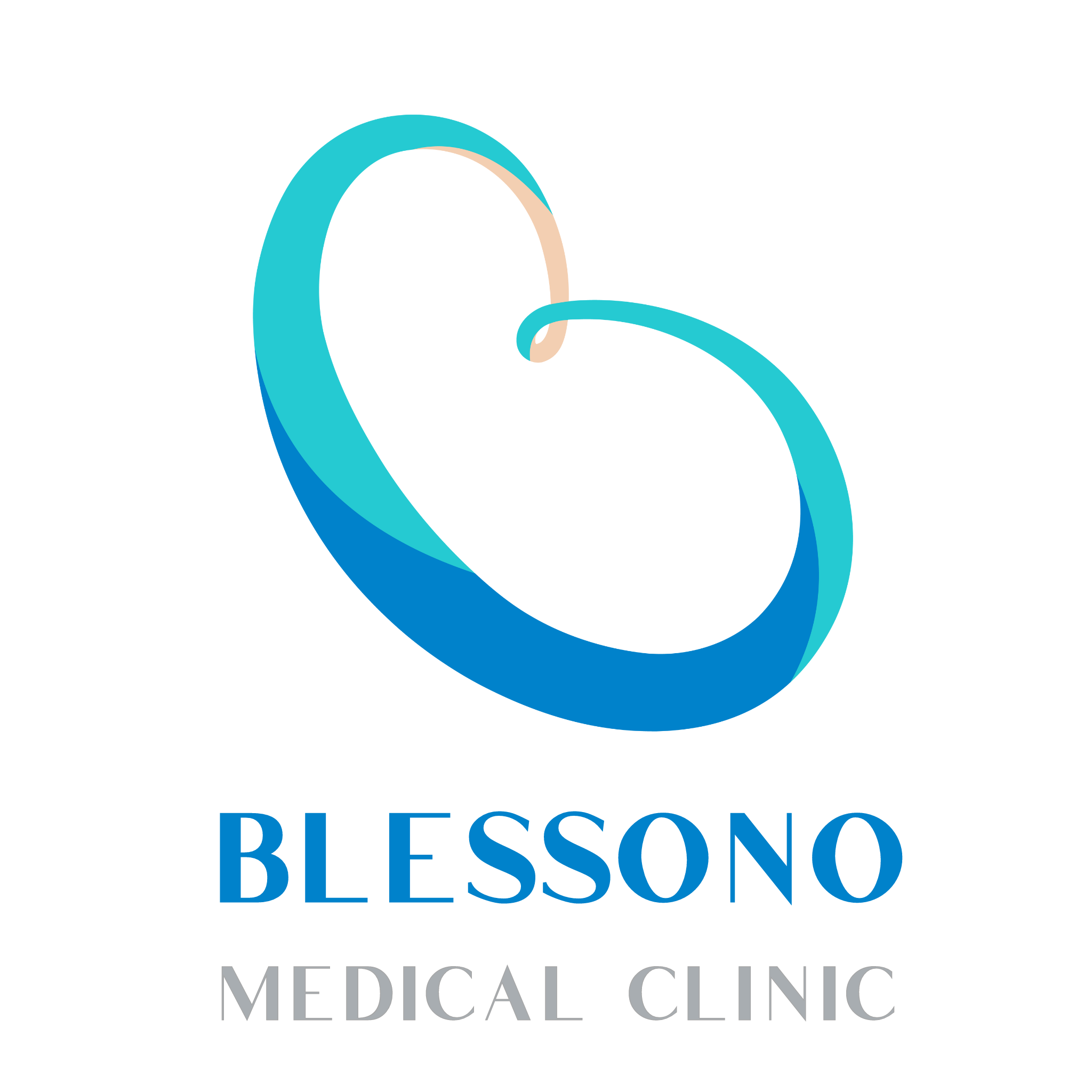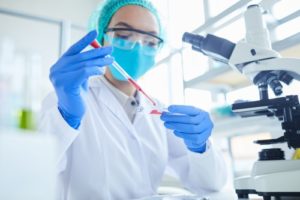
Stem cells are the building blocks of life, having the ability to differentiate into different cell types and regenerate damaged tissues. They are found in various parts of the body, including bone marrow, blood, and embryonic tissue. With their unique properties, stem cells have become the focus of intense research in the medical field, offering new hope for the treatment of a wide range of diseases and conditions.
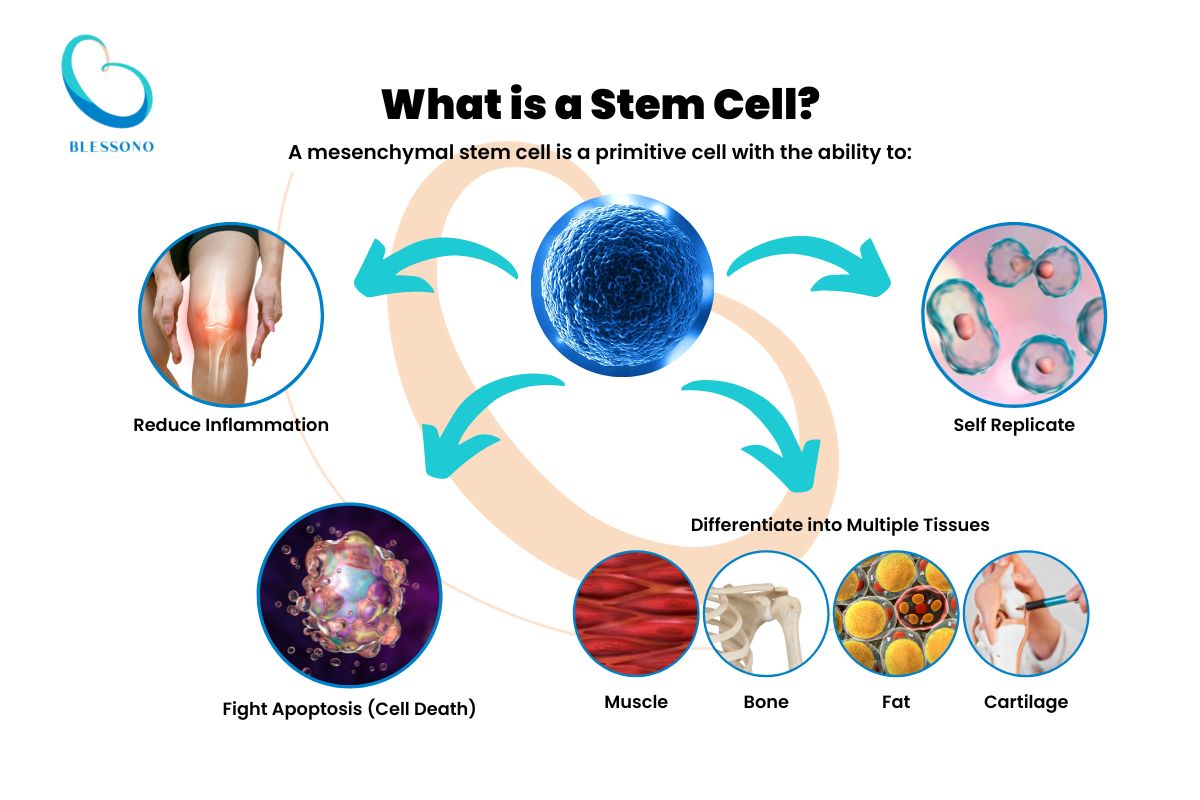
Functions of Stem Cells
Stem cells are characterized by two important properties: their ability to self-renew and their potential to differentiate into various cell types. This makes them ideal for use in regenerative medicine, where damaged or diseased tissues can be repaired or replaced. Stem cells can also be used to study the development of diseases, helping researchers to better understand the underlying causes and find new treatments.
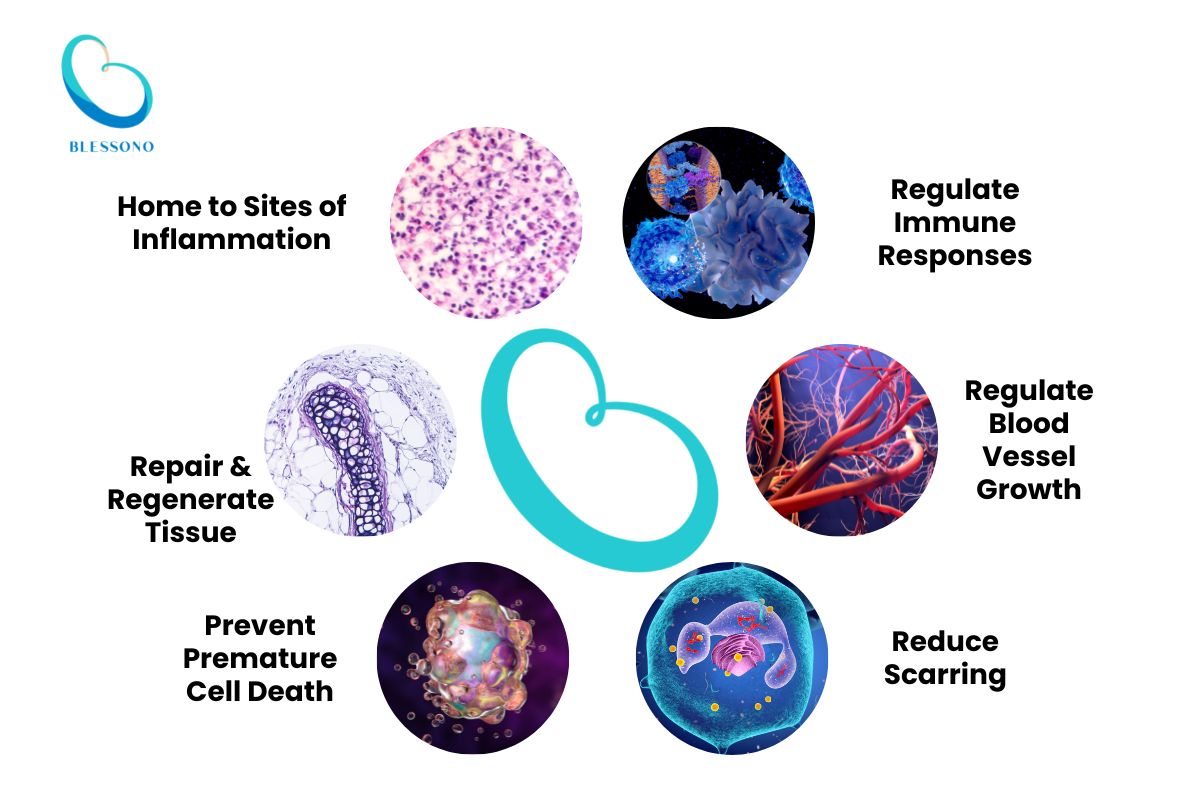
Benefits of Stem Cells
The use of stem cells in medicine offers numerous benefits, including:
- Tissue Regeneration: Stem cells can be used to regenerate damaged or diseased tissues, such as the heart, liver, and skin. This has the potential to revolutionize the treatment of conditions such as heart disease, liver failure, and burn injuries.
- Disease Treatment: Stem cells can also be used to treat diseases by replacing damaged cells or tissues. For example, they have been used to treat conditions such as leukemia and other blood disorders, as well as conditions affecting the nervous system, such as Parkinson’s disease and multiple sclerosis.
- Improved Understanding of Disease: Stem cells can be used to study the development of diseases, helping researchers to better understand the underlying causes and find new treatments.
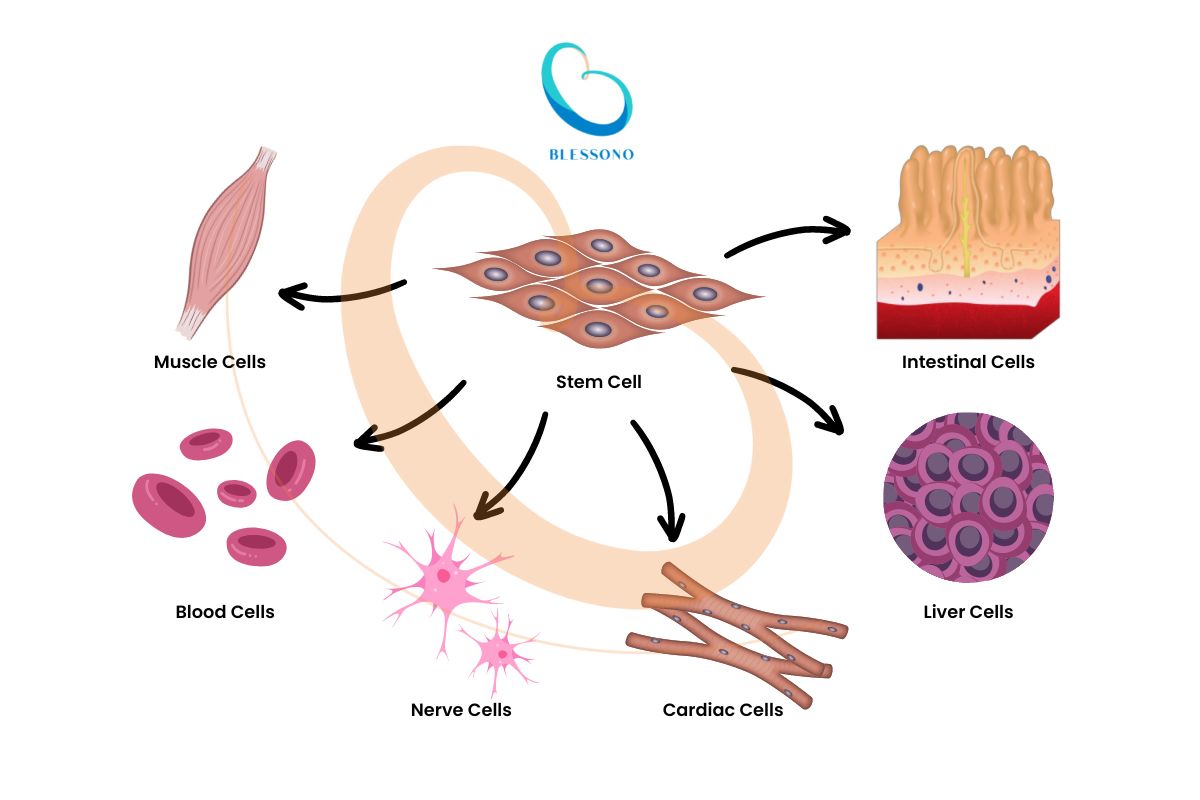
Types of Stem Cells Therapy
- Mesenchymal Stem Cells (MSCs): MSCs are a type of adult stem cell that are found in bone marrow, adipose tissue, and other tissues. MSCs have the ability to differentiate into various cell types, including bone, cartilage, and fat cells. They have been shown to have immunomodulatory properties, making them a promising tool in the field of regenerative medicine. Additionally, MSCs have been proposed as a potential treatment for a wide range of diseases, including heart disease, liver failure, and autoimmune disorders.
- Exosomes: Exosomes are small, membrane-bound vesicles that are released by cells and contain a variety of biomolecules, such as RNA and proteins. Exosomes have been shown to play a role in cell-to-cell communication and have been proposed as a new avenue for stem cell-based therapies. Specifically, MSC-derived exosomes have been shown to have immunomodulatory properties, making them a promising tool in the treatment of autoimmune diseases and other conditions.
- Natural Killer (NK) Cells: NK cells are a type of immune cell that play a role in the body’s defense against cancer and infected cells. They have the ability to recognize and kill abnormal cells, such as cancer cells, without prior sensitization. NK cells have been shown to be influenced by MSCs, with MSCs having the ability to modulate the function of NK cells. This has led to the exploration of MSCs and NK cells as a potential combination therapy for cancer and other diseases.
- Car T-Cells: Car T-cells are a type of immune cell that have been engineered to express a chimeric antigen receptor (CAR) on their surface. The CAR allows the T-cells to recognize and target specific proteins expressed on the surface of cancer cells. Car T-cell therapy has been approved for the treatment of certain types of blood cancers and is considered a promising new avenue for the treatment of cancer.
Recent Research on Stem Cells Therapy
In recent years, there have been numerous studies on stem cells, exploring their properties and potential applications in medicine. Some of the noteworthy findings include:
- The ability of stem cells to differentiate into various cell types, providing a potential source of replacement cells for damaged or diseased tissues.
- The potential of stem cells to treat a wide range of diseases, including cancer, heart disease, and neurological disorders.
- The ability of stem cells to regenerate damaged tissues, providing new hope for the treatment of conditions such as heart disease and liver failure.
Stem cells therapy represent a significant advancement in medical science and hold enormous potential for improving health outcomes. With ongoing research and development, it is likely that stem cells will play a crucial role in the future of medicine, providing new treatments for a variety of diseases and conditions.
Blessono Health Screening offers cutting-edge medical services to help people maintain their health and vitality. In addition to traditional health screenings and diagnostics, they also offer regenerative medicine treatments, including stem cell therapy. Stem cell therapy is a revolutionary treatment that uses the patient’s own stem cells to repair damaged tissues and promote healing. With this advanced therapy, patients can experience faster healing times, reduced pain and inflammation, and improved overall function. Blessono Health Screening is committed to providing the highest quality care to their patients and is proud to offer stem cell therapy as part of their comprehensive suite of medical services.
For more, you may contact us
